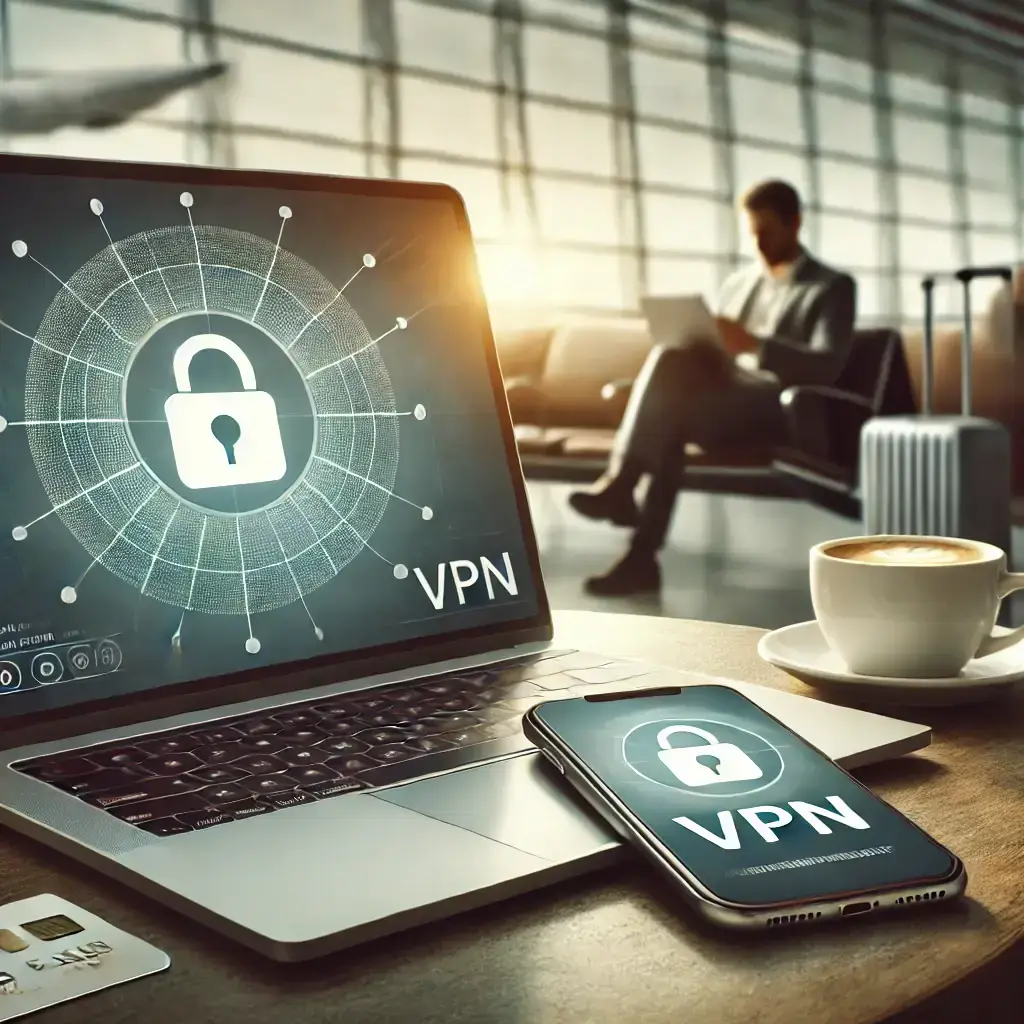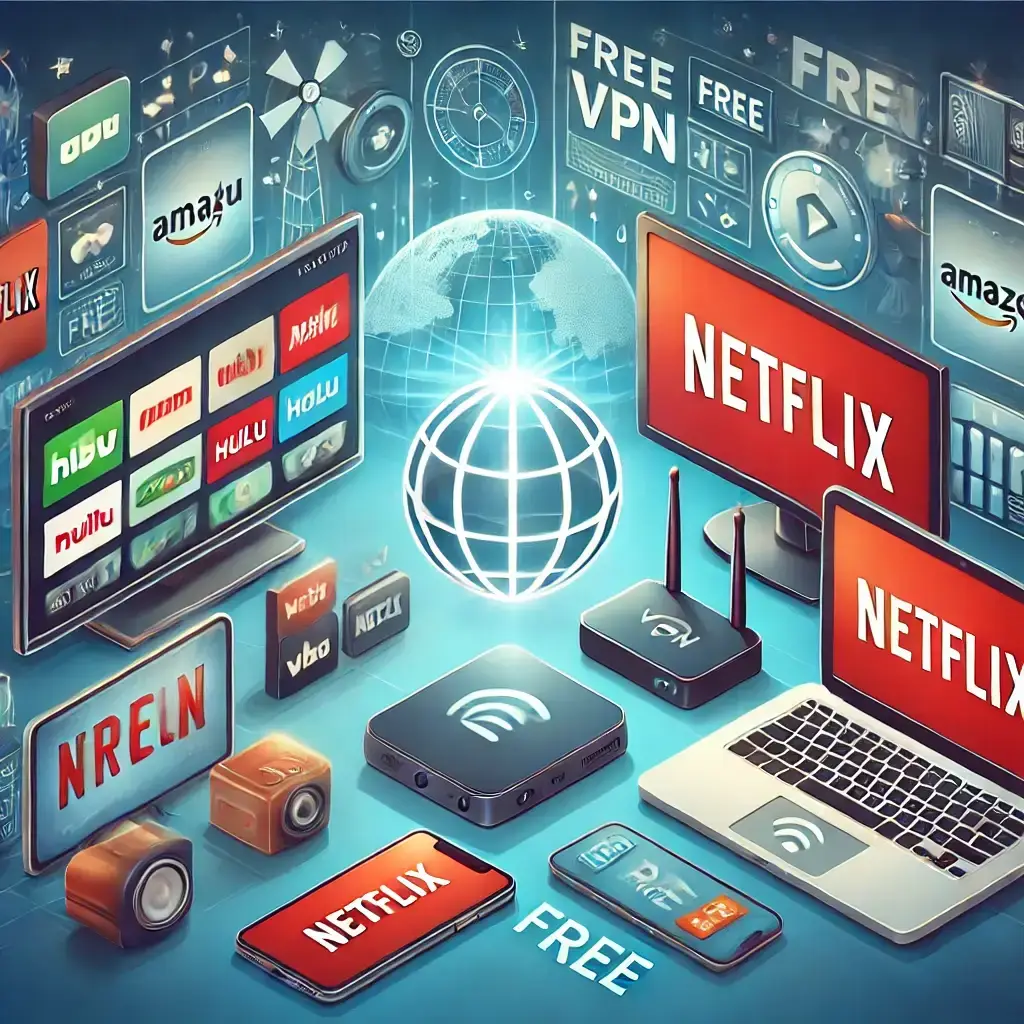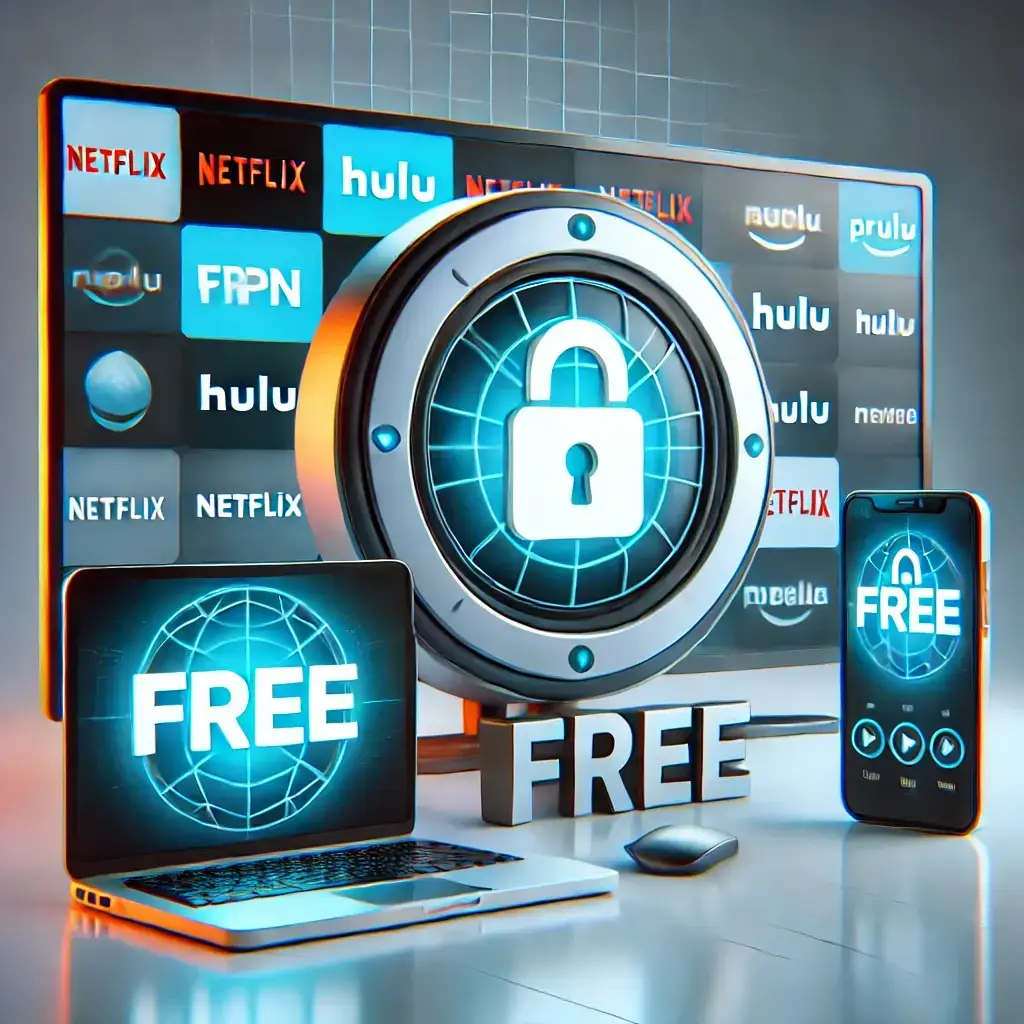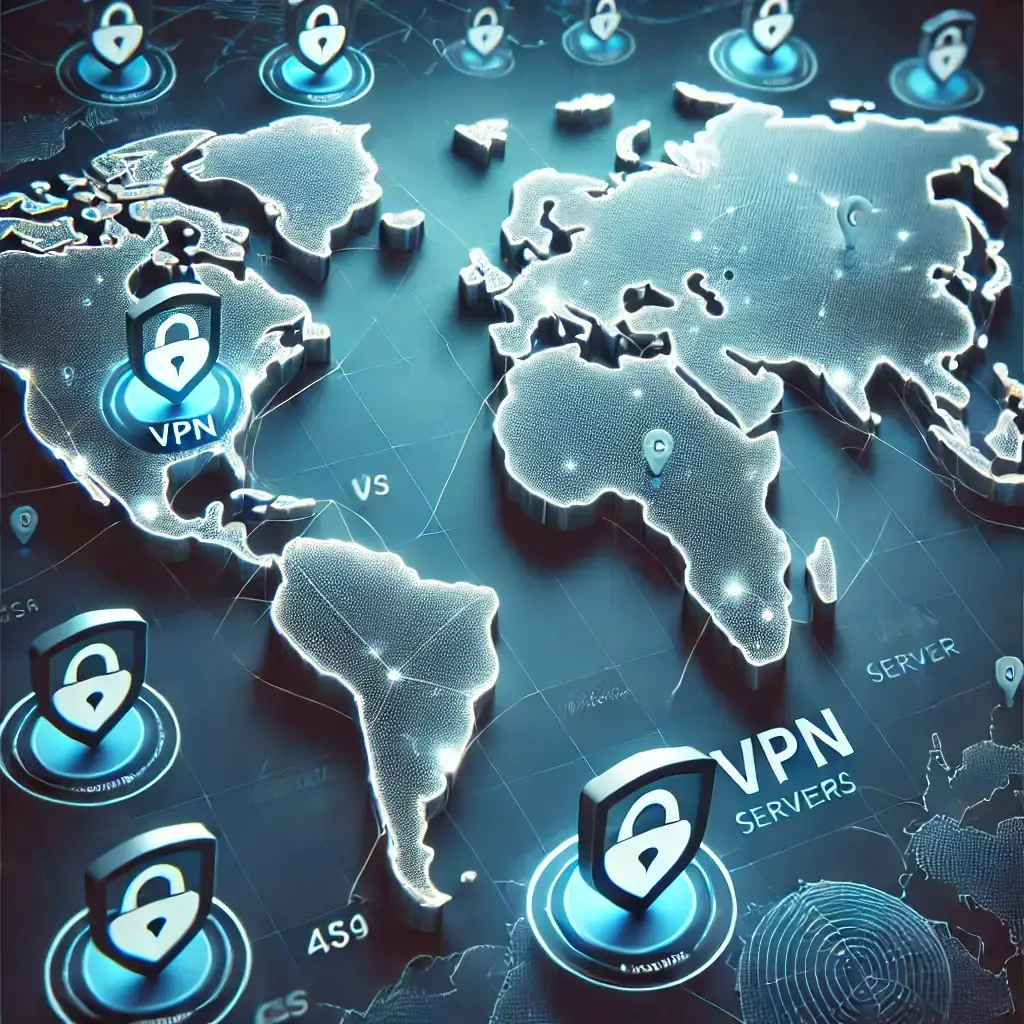Secure VPN - Your Reliable Assistant for Travel and Online Payments
In today's world, where the internet has become an integral part of daily life, the issue of online data security is of paramount importance. Regardless of where you are—at home, in the office, or traveling—it's crucial to protect your data from cyber threats. One of the most effective tools for this is a secure VPN.
What is a VPN and Why Do You Need It?
A VPN (Virtual Private Network) is a virtual private network that encrypts your internet connection and hides your online activity from prying eyes. This is especially important in the face of increasing cybercrime activity, with criminals looking for vulnerabilities to steal personal and financial information.
A secure VPN helps protect your data by encrypting traffic and ensuring anonymity online. It's a protective measure that gives you confidence that your personal information, whether passwords, bank details, or other confidential data, won't fall into the wrong hands.

VPN for Travel
Many of us love to travel, whether for work or leisure. However, during travel, we often encounter situations where we need to connect to public Wi-Fi networks, such as in airports, cafés, or hotels. These networks are among the least secure and are an ideal environment for cybercriminals. Using a VPN for travel allows you to protect yourself from potential threats.
When you connect to public Wi-Fi, your traffic can easily be intercepted by malicious actors. However, if you use a VPN for travel, all your data is encrypted, making it nearly impossible for cybercriminals to access it. This means you can use the internet safely without worrying that someone might gain access to your personal information.

VPN for Online Banking
Modern technology allows us to manage our finances online without leaving home. However, it is important to remember about security. When working with online banks, you trust them with your financial data, which can attract the attention of hackers. A VPN for online banking allows you to secure your data and avoid the troubles associated with information leaks.
Using a VPN when accessing banking apps and websites provides an additional layer of protection, preventing unauthorized access to your financial transactions. This is especially crucial if you frequently use online banking while traveling or connecting to the internet through public networks.

VPN for Online Payments
Online payments have become an integral part of our lives. However, along with the convenience they bring, there is also the risk of financial information theft. A VPN for online payments is the solution that will help you protect your transactions and avoid losing money.
When you make purchases online or pay for services, your data is transmitted over the internet. Without a VPN, it can be intercepted by malicious actors, leading to potential financial losses. With a secure VPN, your data is encrypted, and only you and the recipient can access the payment information.
Conclusion
Using a VPN is becoming an essential part of our daily lives. It not only protects us from cyber threats but also helps maintain the confidentiality of our data in any situation. Whether you are traveling, working with online banks, or making online payments, a secure VPN will be your reliable assistant, ensuring peace of mind in the digital world.


